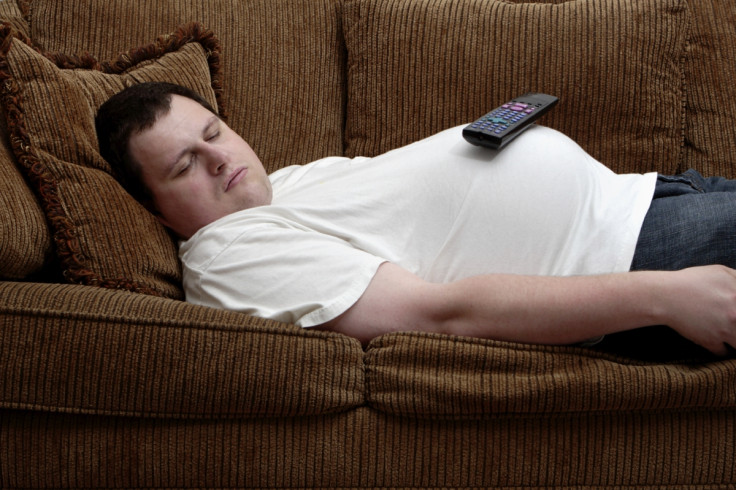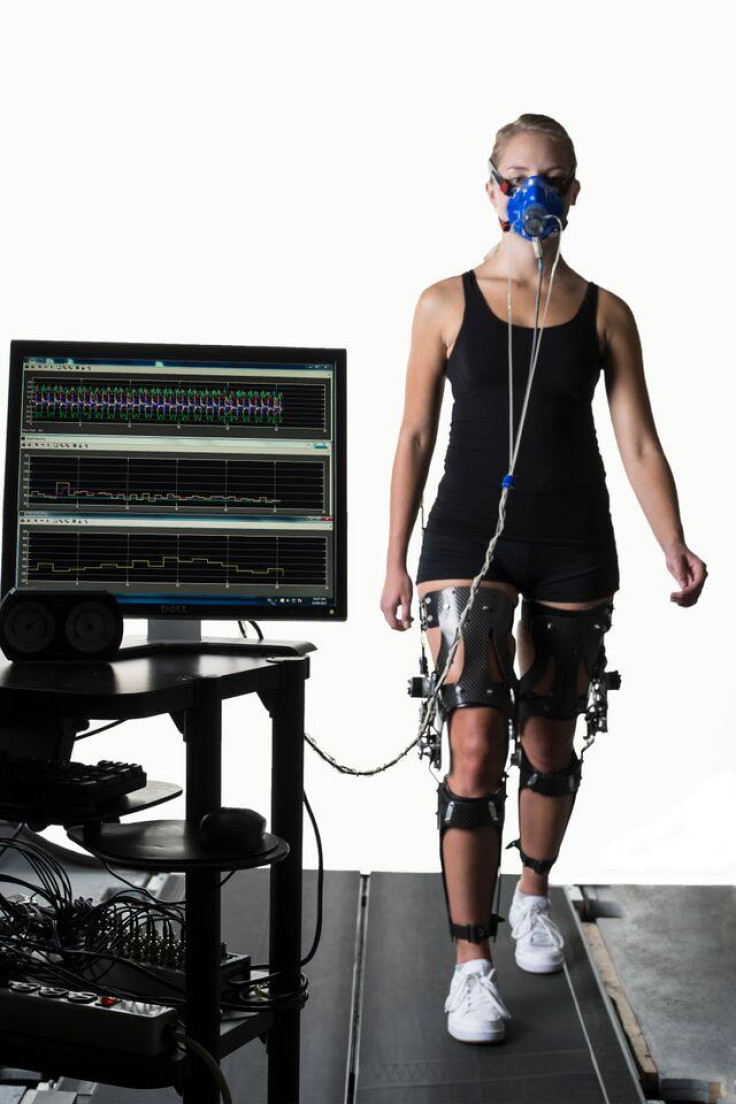Humans are hardwired to be as lazy as possible

Humans are hardwired to be as lazy as possible when it comes to walking, scientists have discovered. A study has shown our bodies sense and optimise energy use and adapt our walking style to use as little energy as possible within just minutes.
Researchers from the Simon Fraser University of Canada were studying the energetic costs of walking. By placing restrictions on the way people walk, the team monitored how quickly and effectively people adapted their method of walking to reduce energy expenditure.
They asked people to walk while wearing a robotic exoskeleton, to discourage them from walking in the way they would normally. In some tests, they made it more difficult to walk normally by putting resistance on the knee, in others they eased the resistance.
Lead author Jessica Selinger said: "We think of our experiment like dropping someone into a new world with all new rules. Any walking strategies that may have developed over evolutionary or developmental timescales are now obsolete in this new world."

Findings, published in the Cell Press journal Current Biology, showed people adapt their step frequency to get to a new energetic optimum within just minutes. Moreover, they found people did this even when the energy saving was less than 5%.
Study author Max Donelan said: "We found that people readily change the way they walk – including characteristics of their gait that have been established with millions of steps over the course of their lifetime – to save quite small amounts of energy. This is completely consistent with the sense that most of us have that we prefer to do things in the least effortful way, like when we choose the shortest walking path, or choose to sit rather than stand.
"Here we have provided a physiological basis for this laziness by demonstrating that even within a well-rehearsed movement like walking, the nervous system subconsciously monitors energy use and continuously re-optimises movement patterns in a constant quest to move as cheaply as possible."
Selinger added: "Sensing and optimizing energy use that quickly and accurately is an impressive feat on the part of the nervous system. You have to be smart to be that lazy!"
© Copyright IBTimes 2024. All rights reserved.






